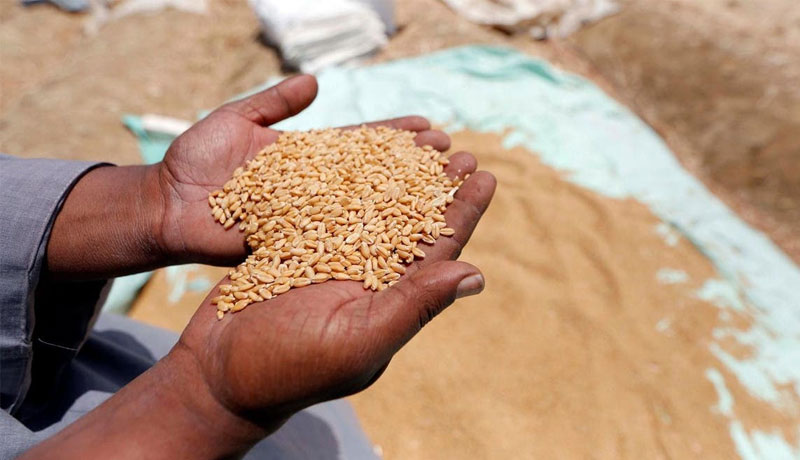
Egypt’s Ministry has automated wheat silos processes in collaboration with IBM. IBM, in cooperation with business partner ACME SAICO, announced the automation of 22 wheat silos in Egypt by the end of this year with IBM AI-powered automation software. This contributes to the Ministry of Supply and Internal Trade’s objectives to digitise the wheat supply chain and put governance structures in place for the country’s strategic stock.
The Ministry of Supply and Internal Trade, represented by the Egyptian Holding Company for Silos and Storage (EHCSS), chose IBM and ACME SAICO to build a platform driven by IBM’s AI-powered automation software in a hybrid cloud environment, in line with the national agenda for digital transformation. The new solution will use IBM Cloud Pak for Business Automation and IBM Cloud Pak for Integration to fully automate and regulate all aspects of wheat silo shipping, transit, storage, and supply.
The automated platform collects data from various sensors placed in the silos using this modern technology. These sensors transmit near-real-time quantitative analyses of wheat supply and stock status to the Ministry of Supply’s main platform. As a result, the EHCSS will be able to monitor and retain all information linked to incoming shipments in order to maintain quality standards, report accurate stock levels in silos, and significantly reduce wheat silo leakage. The technology would also aid in the better management of communication and coordination among various storage stations and mills.
“We are committed to expanding the wheat silos’ automation across the country. The automation enables us to instantly monitor the wheat stock through a digital platform, providing the needed visibility to secure the supply chain. The platform, powered by IBM technology, ensures efficiency, stock protection, in addition to addressing logistical redundancies. This project is part of Egypt’s digital transformation strategy to upgrade service level and performance across all fields,” stated H.E. Dr. Ali El-Moselhi, Minister of Supply and Internal Trade.
“After renovating and increasing the number of silos across the nation, our goal was to build a digital platform to connect all silos with the main center at the EHCSS. Another goal was to automate the documentation processing of the wheat supply chain and monitoring process of the 22 silos and storage points,” added Major General Sherif Bassili, Chairman of the Board of Directors of the Egyptian Holding Company for Silos & Storage.
“We are proud to be part of this strategic project that supports the country’s digital transformation journey. By offering IBM’s AI and hybrid cloud approach, we’re supporting Egypt to achieve its strategy for sustainable development as part of the country’s 2030 Vision,” said Wael Abdoush, General Manager, IBM Egypt
Dr. Khaled Derbala, CEO of ACME SAICO added: “We are honored to be part of this national achievement. After months of studying the nature of the food industry, we were able to create a robust and agile system to ensure more governance that doesn’t affect the flow of business. The Ministry was able to see the links between implementing their strategic plans and the tailored digital system we created with IBM.”
In Banha, Qualyubia Governorate, the pilot model for the first automated wheat silo was unveiled earlier this year. Following the pilot’s success, the Ministry has planned to automate 22 more silos before the end of the year. Through IBM Cognos Analytics with Watson coupled to the automation platform in use, all silos will be monitored from the Ministry headquarters and the General Authority for Supply Commodities.
The government plans to automate 400 silos and add them to the wheat supply chain monitoring system as part of Egypt’s vision for 2030’s sustainable development strategy.